In April 23, 2016, German Beer Purity Law «Reinheitsgebot» will celebrate 500th birthday. Today, the law is the oldest working law in the world, containing requirements for raw materials and product quality.
We’ve mentioned this law in this article http://barley-malt.ru/?cat=142&lang=en and also answered your questions http://barley-malt.ru/?cat=143&lang=en.
Few people know that a name and may be already a brand «Reinheitsgebot» was firstly mentioned in the journal of the session of the Bavarian parliament in March 4, 1918. The Deputy of the parliament and the Head of the account department of the Agricultural Academy and the Brewery “Weihenstephan”, Mr. Hans Rauch offered to bring a historical document 1516 to law and give it a tradition status.
According to the Head of the Bavarian State Archive Erich Stalder, the key function of the new brand «Reinheitsgebot» was advertising and marketing, because beer ad was one of the main marketing instrument in those times. Nevertheless, a label «Reinheitsgebot» was little known even in Bavaria till 1950 and gained popularity due to numerous legal scandals concerning “Sweet beer” topic.
Those years, mass media widely discussed import of beer that contained sugar (not sugar-containing components) to Germany and Bavaria because sugar use in Bavaria was prohibited. Having created a right strategy and using brand «Reinheitsgebot» , the Bavarian Brewers’ Union together with the Bavarian Government reached the aim that beer with sugar wasn’t imported to Bavaria under the name “beer”. So, any foreign beer out of accordance with «Reinheitsgebot» didn’t have a right to be named “German beer” till the end of 1980.
Harmonization processes of 1980s in the European Union led to the situation when in March 12, 1987, the European court supported cancellation of German law provisions due to “creation of additional barriers for free goods movement”. So, if the product has a name “beer” in one of the European countries, it can be delivered to any country of the European Union. German brewers had also a right to brew beer out of accordance with «Reinheitsgebot» and name this product as “beer” if it was designed for export. But not only Germans lost, Italians also wanted their spaghetti to be made only of durum wheat, but it’s not on…
One more interesting fact is that German beer is not only a product made of malt, hop, water and yeast, a word “beer” has a neuter gender in German language – das Bier like a word “water” das Wasser, unlike other alcohol products (vodka, wine, rum, gin, tequila etc) that are masculine.
German beer production history dates back almost 1.000 years, making beer a historical item of Germany and as for «Reinheitsgebot» it is worth to be included in UNESCO. Unfortunately, the first attempt made by Bavarian Brewers’ Union supported by the Bavarian Ministry of Education, Culture, Science and Art has been disapproved in 2015. But the reason for refusal laid in unthorough documents preparation due to overweening conceit of German experts. We’d like to wish success to our German colleagues and hope that next time it will be a positive decision.
Meantime, regardless of UNESCO decision, our Union together with partner companies are preparing for 500th jubilee of the German Beer purity Law and has ordered gold medals for the best representatives of the Russian brewing industry that will be presented within Oktoberfest 2016 from 17th of September 2016 to 3d of October 2016.
You can find detailed information concerning Oktoberfest trips here http://barley-malt.ru/?cat=57&lang=en. All interested are welcome!
German beer history since 1156:
Documented rules of beer production in Germany:
Augsburg 1156
First documented notes were registered during the rein of the Kaiser Barbaross. It was a new “Government Decree” known as “Justitia Civitatis Augustensis” and beer was mentioned in this legal notice: “If a brewer makes low quality beer or bottles it not nearly enough, then he must be punished…” the penalty was 5 guldens and if a brewer makes the third breach, he will be deprived of the license for beer distribution. City Council in Nurnberg decided to use only barley for brewing in 1393. The City Council of Regensburg 1447 ordered a medical advisor to control beer and especially its components regularly. In Munich 1363, 12 members of the City Council officially controlled beer production and in 1420 they issued an order to keep beer after its producing. From 1447 only barley, hop and water were permitted.
Weissensee 1434 (Thuringia)
In Runneburg near Weissensee a document “beer purity” was found in 1998. 12 paragraphs of the Decree 1434 “Statuta thaberna” contained information concerning beer components. According to these rules beer shall contain hop, malt and water.
Bavaria – Landshut 1493
In 1493 Georg the Rich accepted the following instruction: “brewers and persons connected with beer must add nothing, but malt, hop and water, in other case…. Beer controllers visited brewers six times per day, it was prohibited to drink wine and smoke on the check day.
Beer Purity Law Day «Reinheitsgebot»: In April 23 1516
Beer regulation resulted in beer quality improving. So, on 23d of April 1516 in Bavaria, Herzog Wilhelm IV enacted Beer Purity law.
The German Empire adopted Beer Purity Law in 1871
The Weimar Republic adopted Beer Purity law in 1918









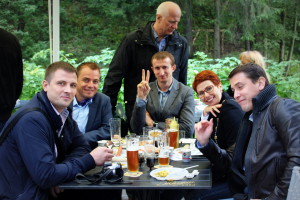
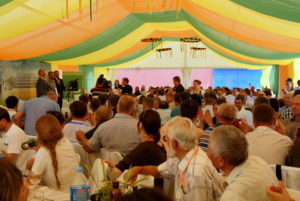
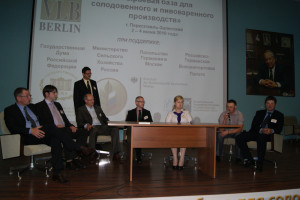


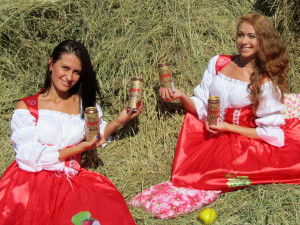
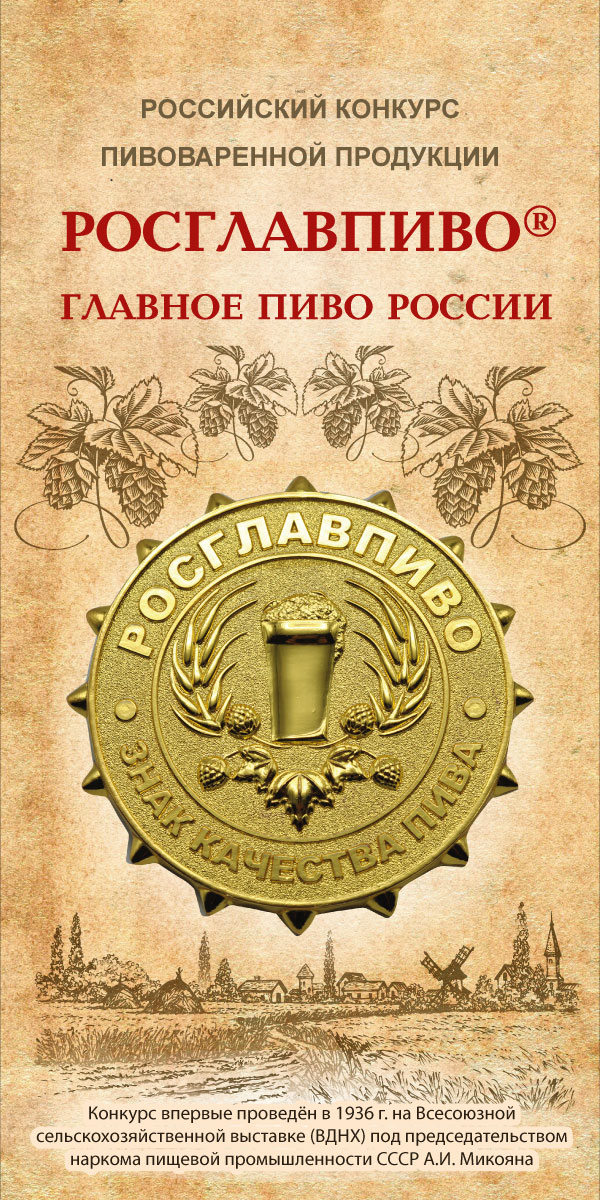
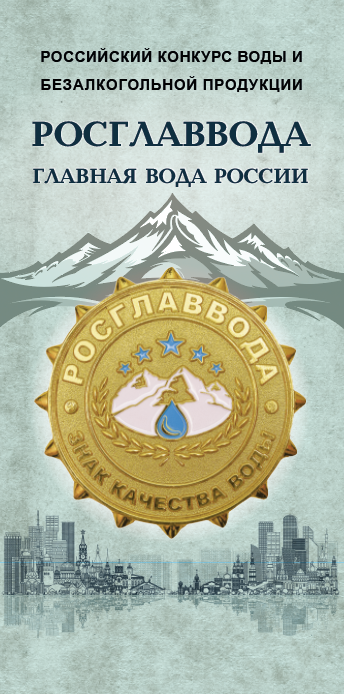
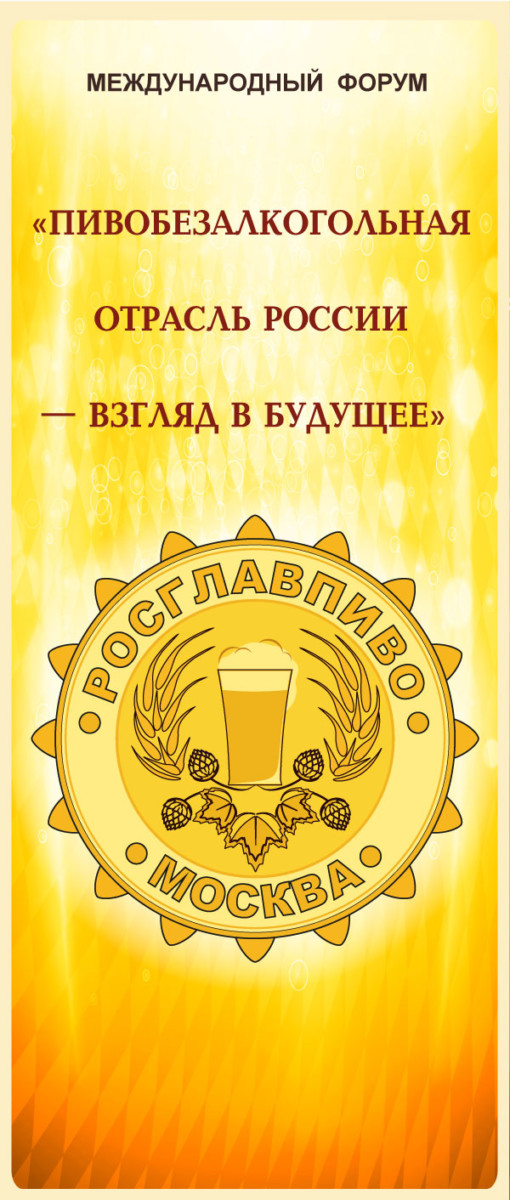
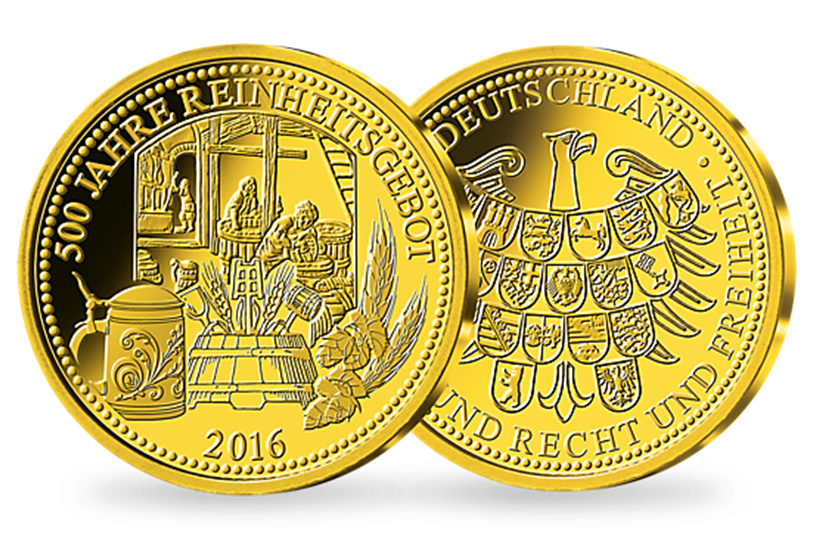
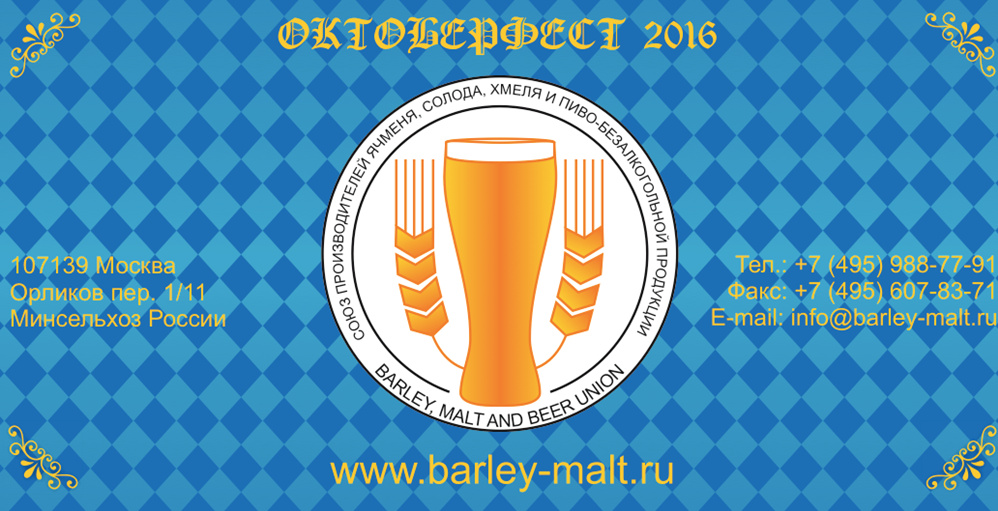


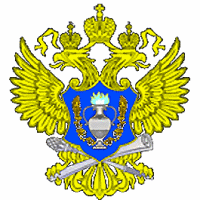
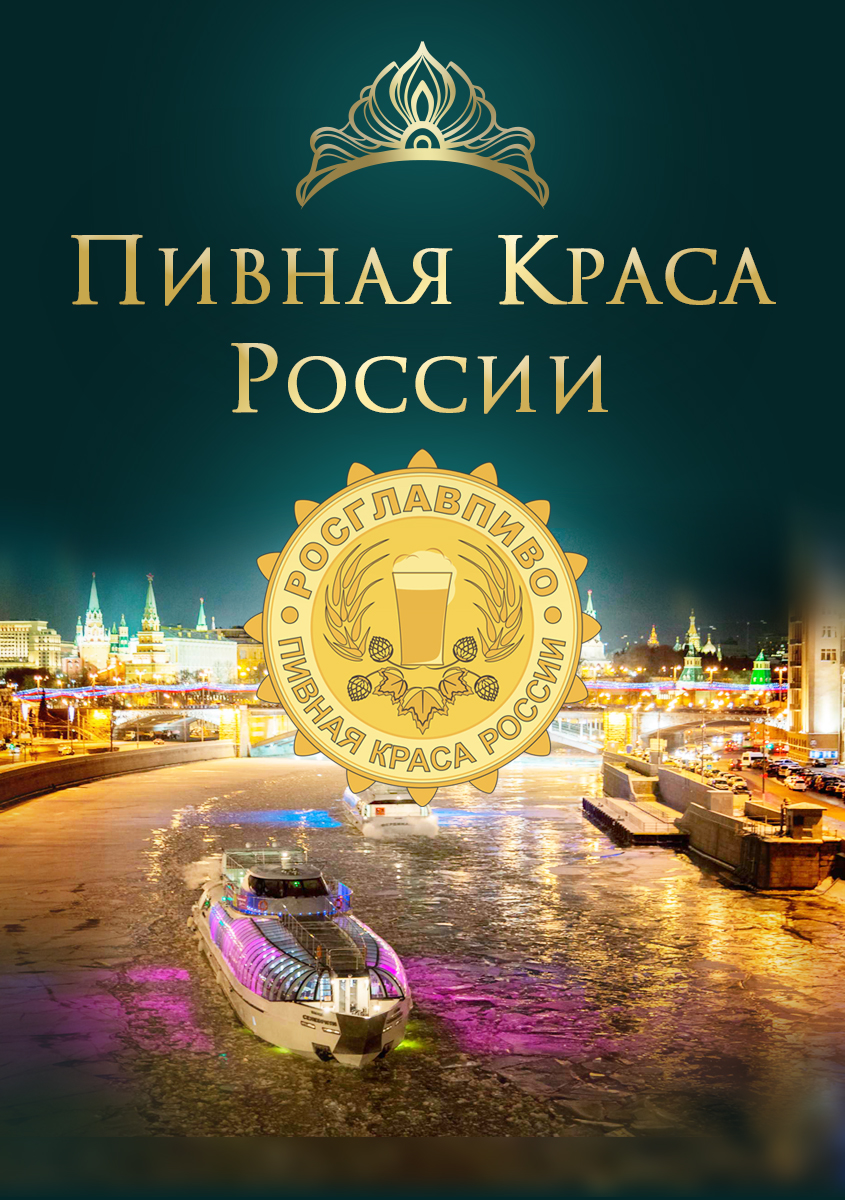





No comments